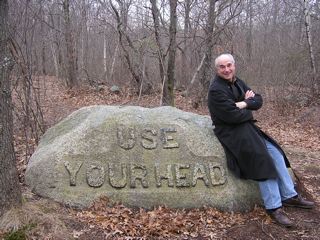 Of course you know that not everything on the web is accurate, but what if you find thousands of hits for a quotation, including citations in Wikiquote, the Washington Post, and the Howard Law Journal (which, in its Vol 48 Issue 1 Fall 2004 issue, blithely quoted the Washington Post article referenced at the end of this post)?
Of course you know that not everything on the web is accurate, but what if you find thousands of hits for a quotation, including citations in Wikiquote, the Washington Post, and the Howard Law Journal (which, in its Vol 48 Issue 1 Fall 2004 issue, blithely quoted the Washington Post article referenced at the end of this post)?
“Capitalism is the extraordinary belief that the nastiest of men for the nastiest of motives will somehow work for the benefit of all.”
You can find this statement, attributed to economist John Maynard Keynes all over the web. It also appears, somewhat more frequently, in this form:
“Capitalism is the astounding belief that the most wickedest of men will do the most wickedest of things for the greatest good of everyone.“
In no case, (even in Moving Forward, a book about capitalism) is the quotation accompanied by a citation Continue reading “John Maynard Keynes: Capitalism and the “Nastiest/Wickedest of Men””




